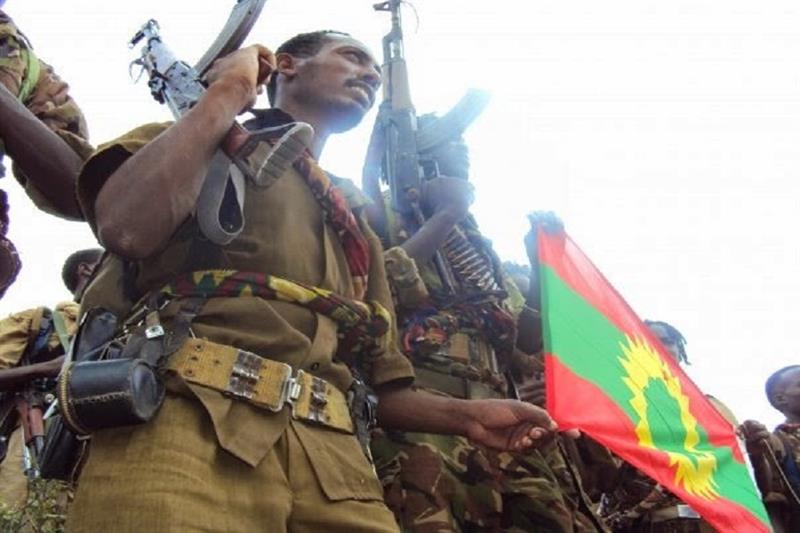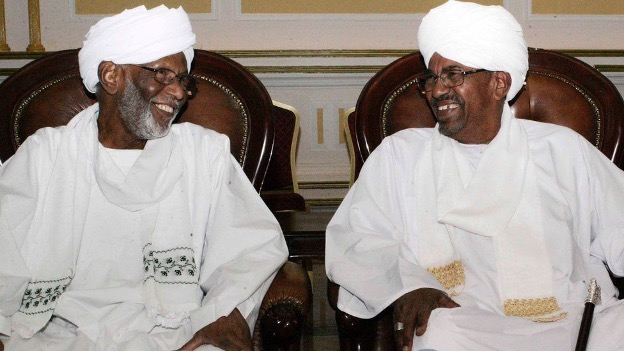
A human rights organization reported that over 50 civilians lost their lives in attacks across Ethiopia last month.
The Ethiopian Human Rights Commission (EHRC), an independent state-affiliated body, stated that fighters from the Oromo Liberation Army (OLA) were responsible for killing 17 people and destroying villages in Benishangul-Gumuz, bordering the Oromia region.
The OLA, considered a “terrorist organization” by Addis Ababa, has been in conflict with the government since 2018, following its split from the Oromo Liberation Front (OLF) when the latter renounced armed struggle.
In a disturbing string of incidents in Oromia’s Arsi zone, EHRC reported that another 30 individuals were killed by unidentified attackers, including members of the same family.
EHRC’s report detailed the brutal manner in which victims were targeted, including infants, pregnant women, and an elderly person, while several others sustained injuries and are undergoing medical treatment.
Additionally, EHRC highlighted an attack on November 25, where nine members of the Hamo-Tokuma diocese of Lutheran church in Qellem Wollega zone, Oromia region, were killed by unidentified assailants.
These tragic events occurred between November 23 and 29, following failed talks in Tanzania aimed at ending a five-year insurgency between the government and rebels. Both sides blamed each other for the breakdown of the negotiations.
Local authorities in Oromia accused the OLA of carrying out devastating attacks against civilians in the Arsi zone, though specific details regarding these assaults were not provided.
Although the OLA’s strength has grown in recent years, observers suggest it lacks sufficient organization or armament to pose a substantial threat to the government. The Oromo ethnic group comprises roughly a third of Ethiopia’s 120 million inhabitants.
Amidst ongoing conflicts, the government has accused the OLA of orchestrating massacres, an allegation the rebels deny. Conversely, authorities face accusations of conducting a widespread crackdown that has stoked resentment among the Oromo population.




